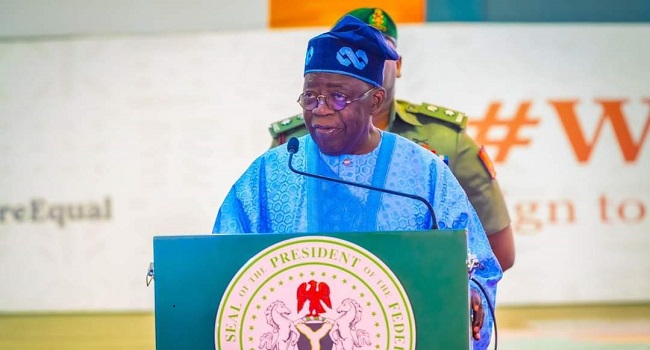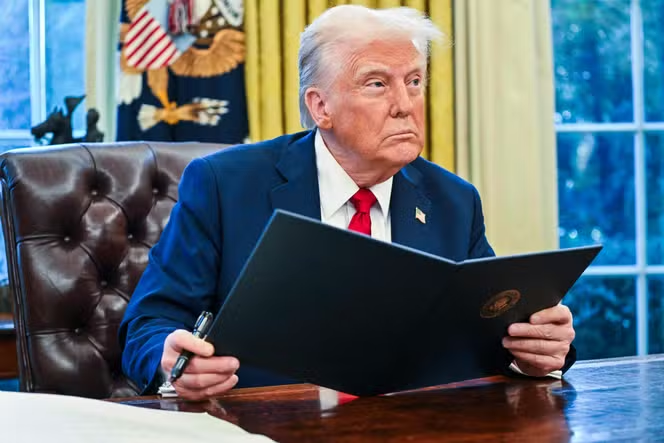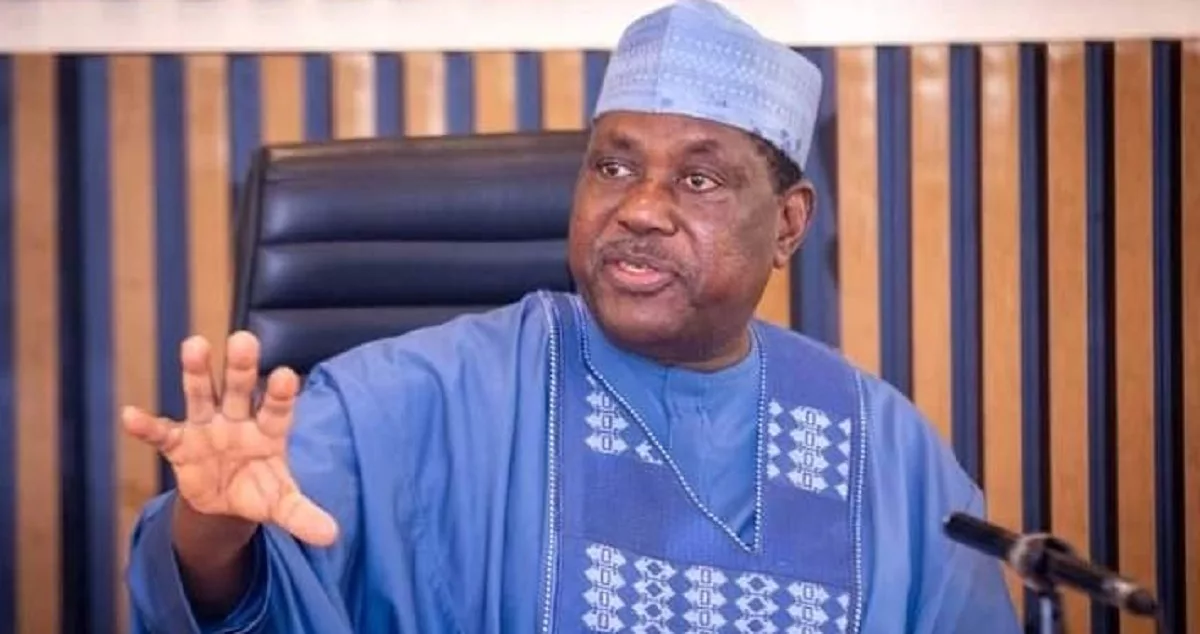President Bola Ahmed Tinubu is set to unveil a series of bold energy reforms during the upcoming African Energy Week, a pivotal event that brings together leaders, policymakers, and industry stakeholders from across the continent. This initiative aims to revolutionize Nigeria’s energy sector, addressing longstanding challenges while positioning the country as a leader in sustainable energy development.
Transforming Nigeria’s Energy Landscape
The proposed reforms come at a crucial time for Nigeria, a nation rich in natural resources yet facing significant energy supply challenges. With over 200 million citizens, Nigeria struggles with inconsistent electricity access, which hampers economic growth and development. President Tinubu’s new energy policy seeks to tackle these issues head-on by promoting renewable energy sources and improving infrastructure.
During his address at the African Energy Week, President Tinubu will outline a comprehensive strategy that focuses on diversifying Nigeria’s energy mix. This strategy includes increasing investments in solar, wind, and hydroelectric power, aiming to reduce the country’s reliance on fossil fuels. By harnessing renewable energy, Nigeria can not only enhance energy security but also contribute to global efforts to combat climate change.
Additionally, the president will emphasize the importance of public-private partnerships (PPPs) in achieving these energy goals. By engaging the private sector, the government aims to accelerate the development of energy projects, creating jobs and stimulating local economies. “We cannot achieve our energy aspirations alone; collaboration with private investors is vital,” he stated.
Promoting Regional Cooperation and Sustainability
The African Energy Week serves as an ideal platform for fostering regional cooperation in energy development. President Tinubu plans to advocate for collaborative efforts among African nations to share resources, technology, and expertise. By working together, countries can create a more integrated energy market that benefits all member states.
Furthermore, the reforms aim to enhance regulatory frameworks to attract foreign investment in Nigeria’s energy sector. The government recognizes that a stable and transparent regulatory environment is essential for encouraging investment, which in turn can lead to technological advancements and infrastructure improvements.
In addition to focusing on energy generation, President Tinubu’s reforms will also address energy distribution and accessibility. Efforts will be made to expand the grid and improve energy delivery to underserved communities, ensuring that all Nigerians have access to reliable electricity.
In conclusion, President Bola Ahmed Tinubu’s bold energy reforms, to be unveiled at the African Energy Week, represent a significant step toward transforming the nation’s energy landscape. By promoting renewable energy, fostering public-private partnerships, and encouraging regional cooperation, Nigeria aims to overcome its energy challenges and position itself as a leader in sustainable energy development. As the continent faces increasing energy demands, these initiatives will be crucial in paving the way for a more sustainable and prosperous future for all African nations.




